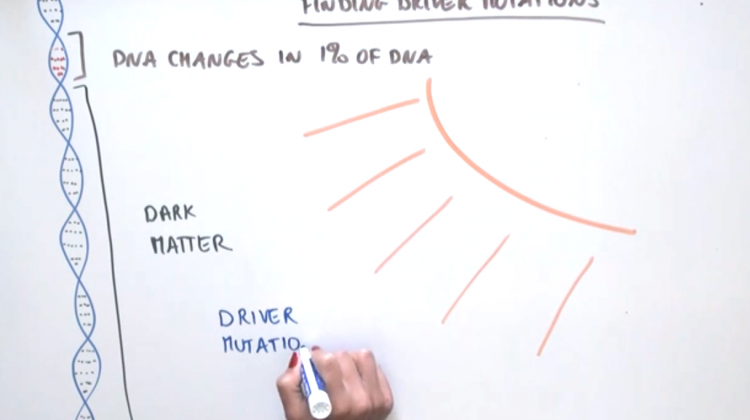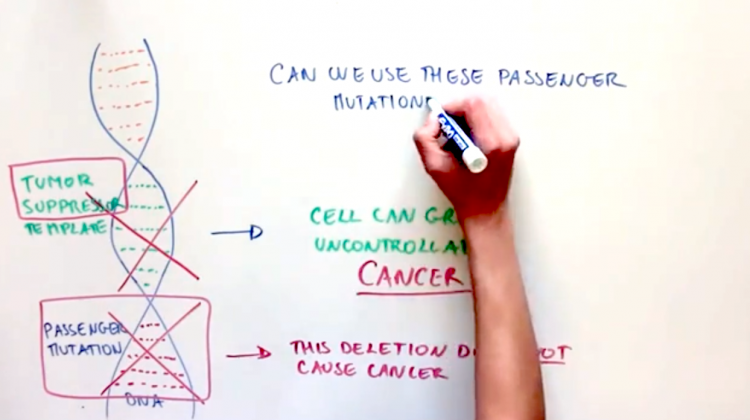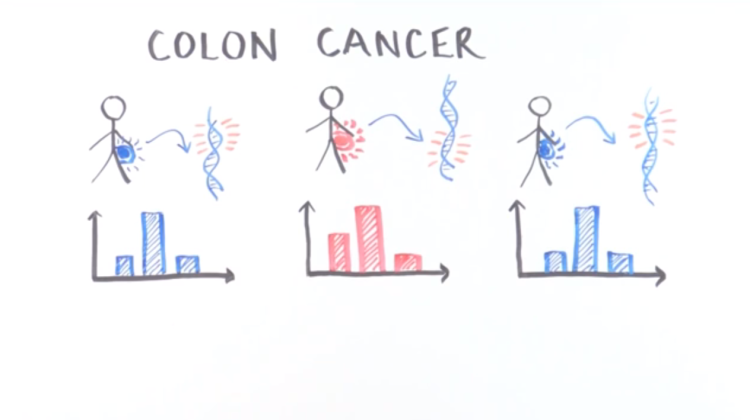Discovering the genetic clues within colorectal cancers. Colorectal cancer is the second leading cause of cancer deaths. It can be lethal if the tumors come back after surgery, which we call relapse. Scientists have looked at the tumor DNA to discover clues that can predict the likelihood of colorectal cancer relapse after surgery. Find out…

Shedding Light on the DNA’s Dark Matter
What explains 74% of skin cancers. Scientists are beginning to discover what is hidden in 99% of our DNA. And it turns out this new information may redefine the way we think of cancer development. These scientists have discovered an important role for a protein involved in extending lifespan of mice and cells in driving…
He’s Got His Father’s Eyes and His Mother’s Mutations
Discovering an important source of genetic variation. This great article reveals new insights into the origin of our genetic variation: What makes us different from our parents and neighbors and what does this mean for our health? Original Article: Rate of de novo mutations and the importance of father’s age to disease risk. Kong et…

Pay Attention to the Passengers
Cancer passenger deletions provide new therapeutic target. Cancer is complex and so is our DNA. So when it comes to genetic mutations driving cancer, the story is even more sophisticated. But with sophistication comes ideas! Learn how we can take advantage of passenger deletions to specifically target cancer cells at their most vulnerable point! Original…
Stopping the Clock
What if we could stop aging? Or even reverse it? Scientists are discovering new ways to apply gene therapy to the question of longevity in a mouse model! Original Article: Telomerase Gene Therapy in Adult and Old Mice Delays Aging and Increases Longevity Without Increasing Cancer. Bernades de Jesus et al. EMBO Molecular Medicine, 2010….

